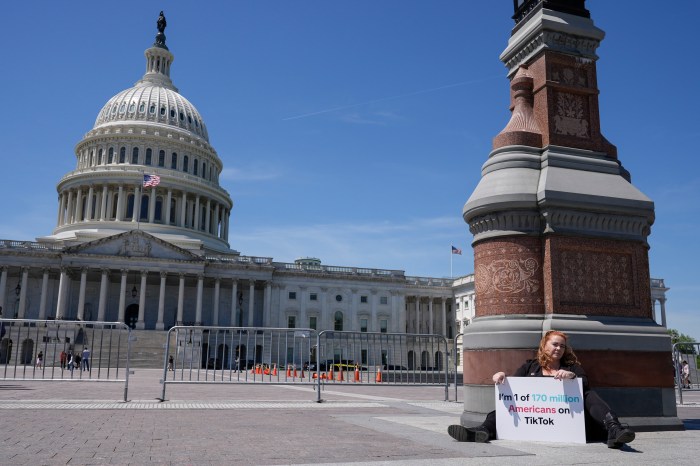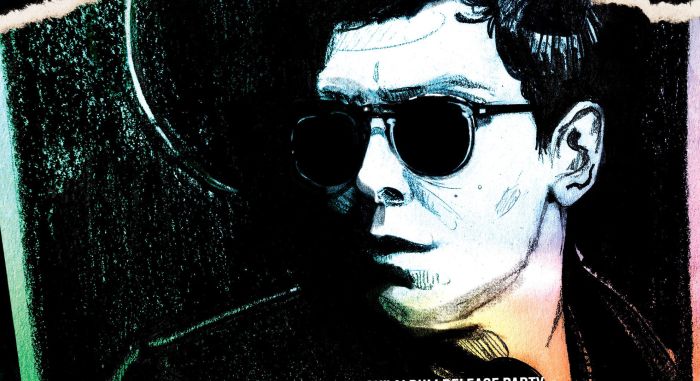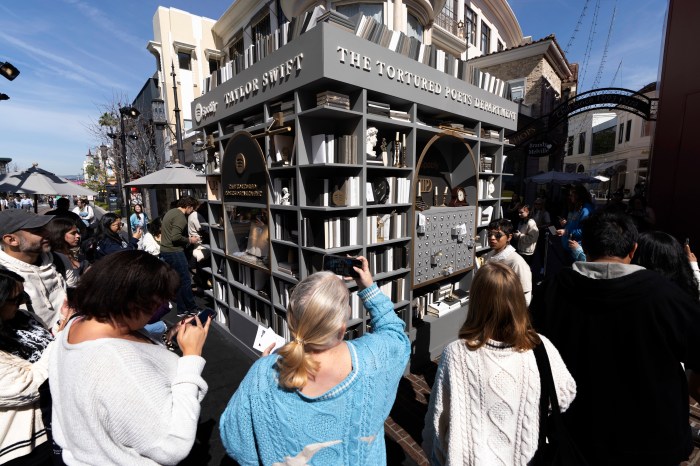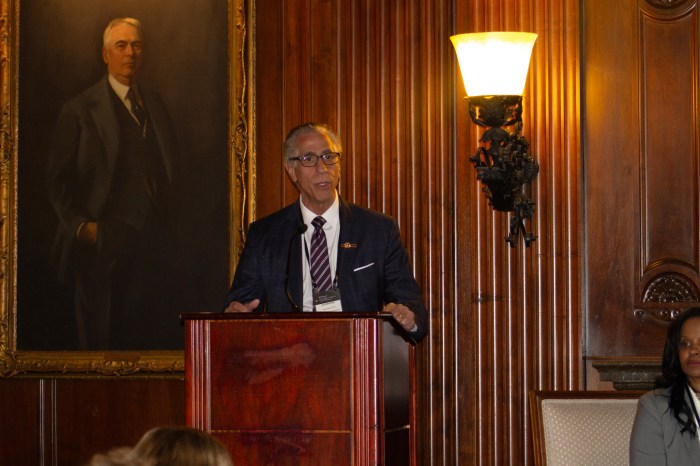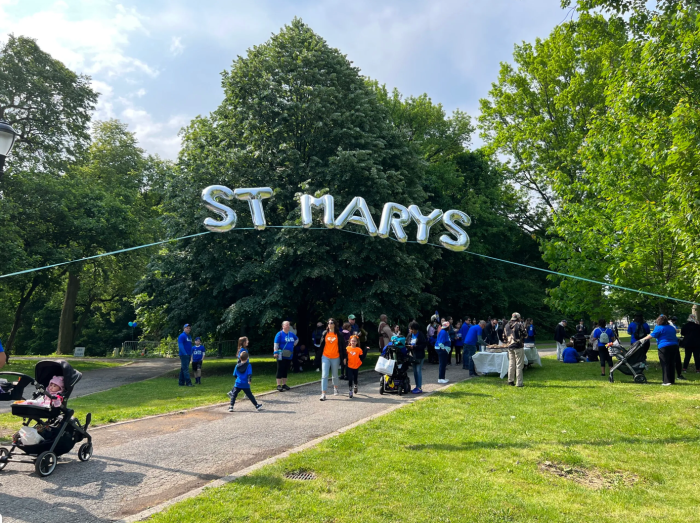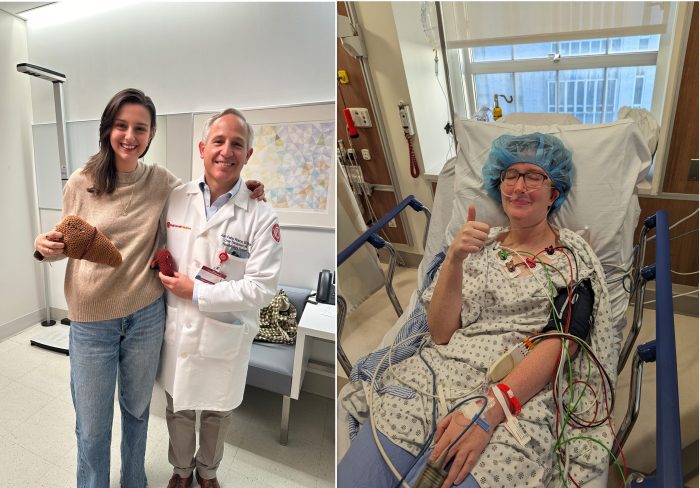From Sherlock Holmes to Miss Marple to Kurt Wallander, the series detective has a hallowed place in crime fiction. But novelist Peter Blauner had never carried a character from one book to the next until his new novel, “Sunrise Highway,” where NYPD detective Lourdes Robles returns.
Robles first appeared in 2017’s “Proving Ground,” which Blauner wrote after spending more than a decade away from novel-writing working on TV shows such as “Blue Bloods” and “Law & Order.” It was actually writing Robles that pulled him back to the printed page, though he had always been leery of creating a stereotypical series detective.
“Books are supposed to be about life-changing events,” Blauner told amNewYork, “and if [someone] goes through 25 life-changing events in 20 years or something like that, that’s a very unstable person.”
Lourdes definitely has her troubles in “Sunrise Highway,” mostly stemming from the body of a pregnant woman that washes up on Rockaway Beach, drawing her into the unfamiliar — and unfriendly — world of Long Island power players.
amNewYork spoke with Blauner about his inspirations for the new book.
Superstorm Sandy plays a big role in this book. What was your personal experience of the storm?
I live in Park Slope, which wasn’t hit too badly, but I walked down to the Gowanus that day just to get a sense of what was going on . . . Then two days later, I got on a bike and I rode out to Coney Island . . . and then I rode out to Rockaway on the subway and I walked around and I tried to really get firsthand impressions of what was going on and what the long-term consequences would be.
With an eye to writing about it?
It was as a New Yorker that I sensed it was an important event for the city. And as someone who has lived here all his life, and who almost feels like his veins could be replaced by the subway map, I thought it was something that I wanted to see firsthand. And maybe in the back of my mind I thought I might write about this at some point. But I didn’t have any very specific idea. But then I did write what is basically the first section of the book, that prologue about Hurricane Sandy, three days later.
What type of research did you do for this book?
I spent time not only driving up and down Sunrise Highway and visiting towns along that route as well but also talking to police officers and former police officers and people who are involved in the system in some way. And doing a lot of reading. One of the things I was conscious of is there has been a lot of good journalism done about Long Island in the period that I’m writing about, and I wanted to show respect for the people who’ve done that, not only by acknowledging their work at the end — some of the reporters from Newsday in particular have been outstanding — but also in getting out there myself and seeing it with my own two eyes.
You mention journalist Jesse Kornbluth specifically. What did he write, and was it the seed for the book?
Jesse wrote a piece back in 1982 and the piece was about a murder that had taken place several years earlier on Long Island and the murder victim was, I believe, a 13-year-old boy, who had been killed by having stones stuffed down his throat, and it was such a stunning image that I never forgot it. . . . I have written for these television shows . . . and they always say “It’s ripped from the headlines,” but I always prefer to draw from the story that was on page seven or nine. If you remember that story 30 or 40 years later, then there’s a reason why you emotionally connected with it. And that’s a story worth telling.
Was there more pushback from your law enforcement sources for a book like this, which focuses so squarely on systemic corruption?
Well the book hasn’t come out yet so I haven’t really heard the response. But I will say, I have written a lot for shows . . . in which the cops are heroic, and I have a lot of friends who are police officers, and I not only say I respect them because they have a tough job, I also respect them because there are parts of police culture that I think are great: the courage, the hard work, the ability to knock on doors, the detectives I know who are smart are the smartest people I know, and honestly I would have had a hard time doing my job the last 30 or 35 years without those people. And I’m really appreciative to have gotten a chance to tell their stories and that they have been willing to share their stories. But those are not the only stories. There are also stories like this one.










